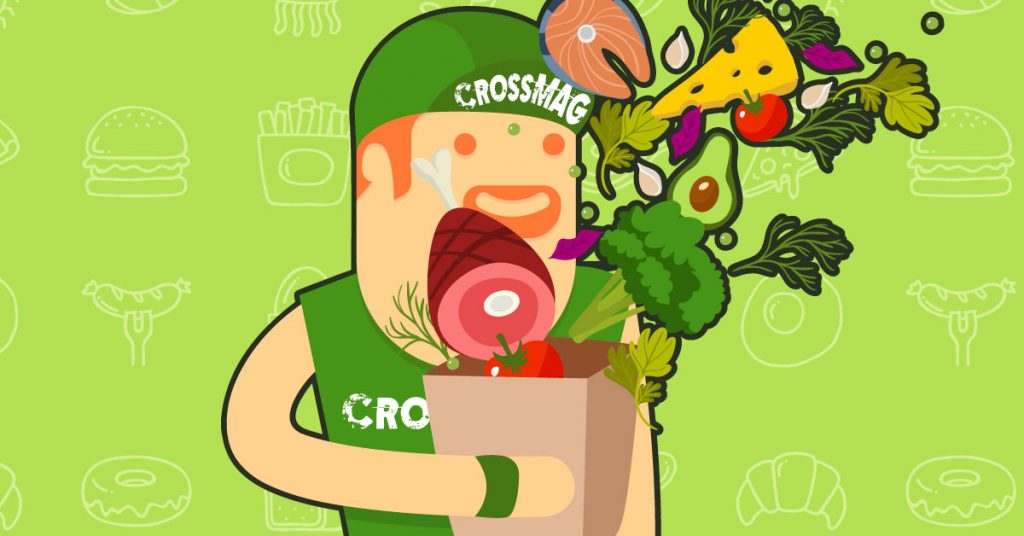Muscle mass… Who wouldn't want to increase it?
It is now established that diet, for those who train constantly, it constitutes a fundamental aspect, on par or even more incisive, training. Those who attend gyms will surely have heard the terms "phase of definition"and "phase of mass”, But what are they actually?
Index
But let's see some definitions ...
MASS
In this phase, the most important for muscle building, athletes eat more in order to "push" more during training; the highest percentage of fat mass and stocks of glycogen full
they give the organism an availability of energy ready for use and it must be exploited by looking for the progression of loads and repetitions.
DEFINITION
In this phase a gradual cut is given to the calories ingested (usually carbohydrates and fats are lowered and the fats are slightly increased protein); the goal is to decrease fat mass and bring out the muscle details built in the mass phase. Glycogen stores are depleted and this leads the body to draw energy from fats rather than carbohydrates.
Mass phase requirements
As anticipated, the mass phase is fundamental for muscle building, but what are the requirements to make it better, what should we eat and how should we set our diet during this period?
normocaloric
Coming from the definition phase in which the calories were very low, we have to increase them gradually until we reach our maintenance levels.
As we increase calories, the metabolism it will tend to reactivate immediately! We can then increase calories by 5, 10% every time we see a plateau in weight and condition.
macronutrients
Every athlete who practices bodybuilding reasons for macronutrients; carbohydrates, proteins and fats are the foundation of every food and their distribution is fundamental!
In the mass phase, the proteins remain almost unchanged and the ideal quota is 2,2 g / kg of body. Even the fats remain stable (better to keep them between 0,8 and 1 gr / kg); these quantities allow to keep active all the processes in which fats participate.
Carbohydrates are the energy substrate of reference in bodybuilding and in the mass phase they are gradually increased because they guarantee better performance, sensitize the muscle tissue and favor an anabolic environment thanks to the retention of water inside the fabric.
TIMING OF NUTRIENTS
It indicates the concentration of macronutrients during the day and is very useful for conveying anabolic processes affecting muscle tissue. It is better to take 50/70% of the daily pre, intra and post workout carbohydrates.
For we can distribute proteins equally during the day, dividing them into 5 or 6 micro meals. Finally, as far as fats are concerned, it is best to consume them away from training.
MICRO DEFINITION IN THE MASS PHASE
After 4/10 weeks of mass, the body no longer responds to a hyper-carbohydrate diet; the muscles empty and there is no improvement. At this point it is better to do 10/14 days of mini caloric cut to make the muscles receptive; after this period, the mass phase can be resumed.
FOOD QUALITY
The more a food is processed and full of additives, preservatives and artificial substances, the less our body recognizes it and can benefit from it. All that is present in nature is the best source for providing our food. The best protein sources are: lean meats like chicken and turkey, fish like tuna, hake and salmon, eggs and low-fat dairy products. The sources of carbohydrates to be preferred are wholemeal ones; go-ahead for rice, potatoes, barley, spelled, oats, cereals, fruit and vegetables. Finally, as regards fats, the sources to be preferred are: dried fruit, oil and avocado.
These tips will allow you to implement a mass phase that will not make you accumulate too much fat; try, experiment and understand the logic behind these arguments, because only in this way will you obtain lasting and satisfying results!

